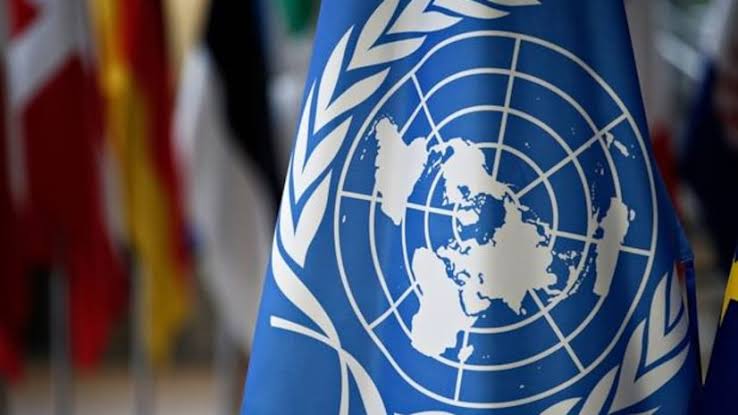Abstract:
The call for the United Nations Security Council (UNSC) reforms from the perspective of third-world nations is a subject of global importance. This organization is considered to be one of the principal organs of the United Nations (UN) meant to uphold and collaborate in ensuring international peace and security. The present structural framework of the UNSC is being dominated by those powerful nations that evolved during the geopolitical realities of World War Second (WWII). However, with the rise of several other third-world powers in this 21st century, there is a demand for reforms in the outdated structure of the UNSC. The role and responsibilities of the UNSC are expanding with the multi-polarization of the present world as the global political dynamics have witnessed significant changes. In recent years, the UNSC has failed to resolve international conflicts effectively due to lacunae in its structure, such as unfair representation, imbalance of power concentration, inefficiency, transparency and legitimacy in decision-making. This article examines the proposals from the futuristic perspective of third-world nations to reform the existing structure of the UNSC, such as more inclusive representation, effective and transparent decision-making and discouraging biased use of veto power. The article further substantiates various contemporary issues that caused an impediment in executing such efforts, such as the role of permanent members, misuse of veto power and many more.
KEYWORDS: United Nations Security Council (UNSC), Reforms, Third-World, Veto Power, Representation
Introduction:
The ‘third-world nations’ refers to developing nations with diverse cultural backgrounds, varied historical experiences, and distinct economic patterns. These nations are situated in regions of Asia, Africa, Latin America, and are characterized by high rates of poverty, low economic development, and a substantial dependence on developed nations. The ‘third-world nations’ concept envisions a level of unity constructed to resist practices that systematically disadvantage and subordinate this diverse group of countries.
After the conclusion of the Cold War, the United Nations Security Council (UNSC) emerged as a significant entity tasked with maintaining global peace and security, as defined by the UN Charter. However, the current structure of the UNSC is marked by imbalance rather than equilibrium, making it ineffective and unjust in its objective. The debate to reform became more robust for the geopolitical scenario of the present century.
The organization’s assertive stance has not only drawn scrutiny, especially concerning the influence wielded by major powers, but it has also sparked demands for reform to represent current power dynamics better and enhance legitimacy in decision-making. The various attempts to reform the Council’s functioning and structure have faced challenges due to divergent views among UN member states.
However, with current security challenges to global peace and stability, including the Russia-Ukraine war, Israel-Palestine war, the need for expansion and veto-power reform is likely to intensify as the geopolitical conditions have evolved from the conditions of 1945. Consequently, there is a growing call for innovative reform pathways that align with contemporary global realities.
Hence, increasing the Council’s composition impacts national interests and shapes how the world defines and defends the concept of security. In the 21st century, there is a pressing need for a healthy and vigorous multilateral organization that advances global peace and cooperation.
UNSC FRAMEWORK:
The United Nations Charter established the UNSC as one of the principal organs of the UN, headquartered in New York City. It consists of 15 members, among which 10 are being non-permanent members elected by a two-thirds vote from the United Nations General Assembly (UNGA) for 2-year terms. The remaining five countries are permanent members known as the P5, which include China, France, Russia, the United Kingdom (UK), and the United States (US). The P5 holds significant power, such as use of the veto-power and holding additional privileges within the UN framework.




.jpeg)

